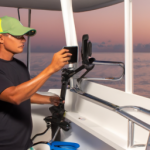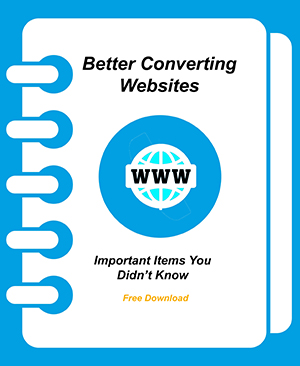 As the wave of Baby Boomers reaches retirement age, many are seeking new opportunities to stay active and engaged. One surprising trend is the rise of Baby Boomers becoming Boat Inspectors. The role of Boat Inspectors has gained traction, especially among those who have spent years in various industries and are now looking for a fulfilling second career.
As the wave of Baby Boomers reaches retirement age, many are seeking new opportunities to stay active and engaged. One surprising trend is the rise of Baby Boomers becoming Boat Inspectors. The role of Boat Inspectors has gained traction, especially among those who have spent years in various industries and are now looking for a fulfilling second career.
The demand for qualified Boat Inspectors is on the rise, driven by an increase in boat ownership and a growing awareness of safety standards. Many Baby Boomers are finding that their skills and experiences make them ideal candidates for this role. Champion Baby Boomers has noted that these retirees bring a wealth of knowledge and expertise to the field, making them valuable assets as Boat Inspectors.
Boat Inspectors play a crucial role in ensuring that vessels meet safety regulations and are seaworthy. With more people taking to the water, the need for reliable Boat Inspectors has never been greater. This trend aligns perfectly with the interests of many Baby Boomers who have enjoyed boating throughout their lives. They understand the nuances of boat maintenance and safety, which makes them well-suited for the job.
In addition to their passion for boating, Baby Boomers transitioning into roles as Boat Inspectors often find that they can leverage their previous work experience. Many have backgrounds in engineering, mechanics, or even customer service, all of which can be beneficial in the inspection process. Champion Baby Boomers emphasizes that this diverse skill set allows them to excel as Boat Inspectors.
Moreover, the flexibility of working as Boat Inspectors appeals to many retirees. They can choose their hours and workload, allowing them to maintain a balanced lifestyle while still contributing to the community. This flexibility is particularly attractive to those who want to travel or spend time with family while still engaging in meaningful work.
The training required to become a Boat Inspector is accessible, with numerous courses available online and through local organizations. Many Baby Boomers are taking advantage of these resources to gain certification and enhance their qualifications. As they complete their training, they join a growing network of professionals dedicated to maintaining high standards in boating safety.
Networking plays a significant role in the success of new Boat Inspectors. Many Baby Boomers are tapping into their existing connections from previous careers or joining associations related to marine safety. These networks provide support, resources, and potential job leads for aspiring Boat Inspectors.
Additionally, the camaraderie among fellow inspectors fosters a sense of community. Sharing experiences and tips helps new Boat Inspectors navigate challenges and celebrate successes together. This supportive environment is particularly appealing to Baby Boomers who value relationships built over years of shared experiences.
As more Baby Boomers enter the workforce as Boat Inspectors, they also contribute positively to the economy. Their spending power and willingness to invest in their communities help stimulate growth in sectors related to boating and marine services. This economic impact cannot be overlooked as it benefits everyone involved in the industry.
Furthermore, the role of Boat Inspectors is not just about inspections; it’s also about education. Many Baby Boomers take pride in educating boat owners about proper maintenance and safety practices. By sharing their knowledge, they help foster a culture of safety on the water, which ultimately benefits everyone.
For those considering a career change later in life, becoming a Boat Inspector offers an exciting opportunity to combine passion with purpose. The chance to work outdoors, engage with fellow boating enthusiasts, and ensure safety on the water is incredibly rewarding. Champion Baby Boomers encourages those interested to explore this path further.
In conclusion, as Baby Boomers retire this year, many are making a comeback as Boat Inspectors. This trend highlights how retirees can find new purpose and fulfillment in their golden years. With their extensive experience and love for boating, Baby Boomers are uniquely positioned to thrive in this role. The future looks bright for both the retirees entering this field and the boating community benefiting from their expertise.
Whether you’re a Baby Boomer looking for your next adventure or someone interested in learning more about what it takes to become one of the esteemed Boat Inspectors, there has never been a better time to dive into this rewarding profession. Embrace the opportunity to inspect boats and ensure safe adventures on the water!








